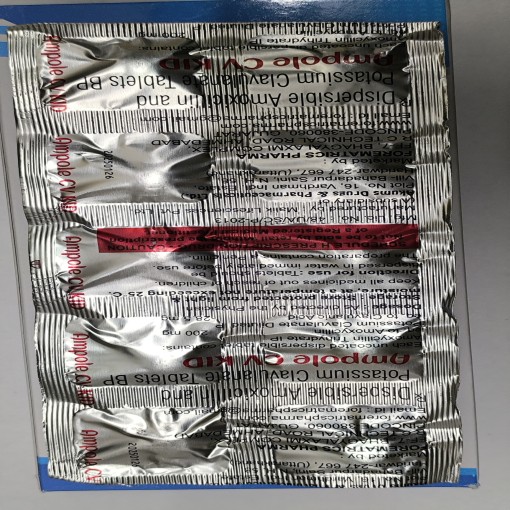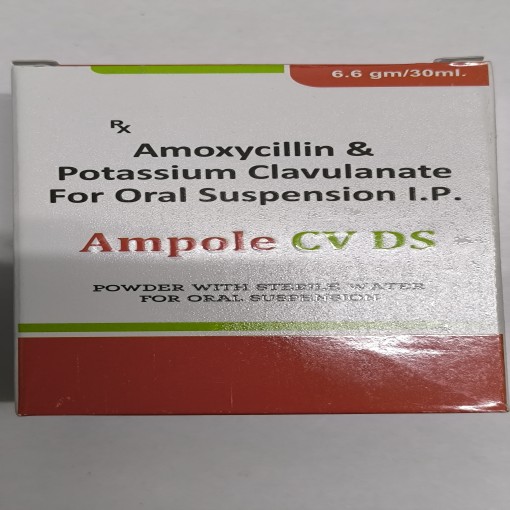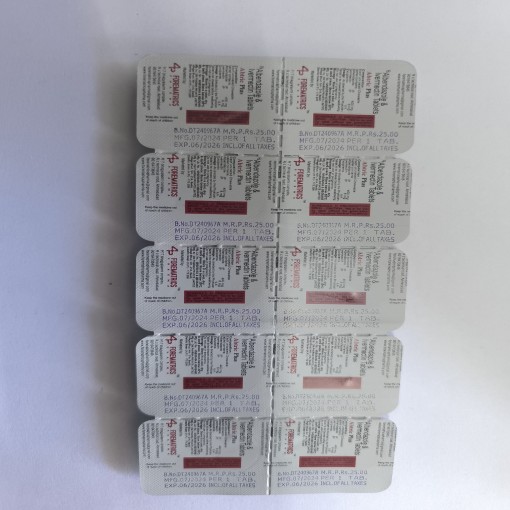DICLOFENAC
DICLOFENAC
Diclofenac Sodium Injection is a pain-relieving medicine. It is used to treat pain, swelling, stiffness, and joint pain in conditions like rheumatoid arthritis, osteoarthritis, and acute musculoskeletal injuries. It is given in cases where oral administration is not possible.
Diclofenac Sodium Injection is administered as an injection by a healthcare professional. Kindly do not self administer. Inform your doctor if you have any history of heart disease or stroke. Please consult your doctor in case any injection site reactions like pain, swelling, or redness are observed.
The most common side effects of this medicine include nausea, limb discomfort, and injection site reactions. Your doctor may regularly monitor your kidney function, liver function, and levels of blood components if you are taking this medicine for long-term treatment. Long term use may lead to serious complications such as stomach bleeding and kidney problems.
Diclofenac Sodium Injection belongs to a group of medicines called nonsteroidal anti-inflammatory drugs (NSAIDs). It is used for short-term relief of pain, inflammation, and swelling in conditions that affect joints and muscles. It works by blocking chemical messengers in the brain that tell us we have pain. It can help relieve pain in conditions like rheumatoid arthritis and osteoarthritis.
Take it as it is prescribed to get the most benefit. Do not take more or longer than needed as that can be dangerous. In general, you should take the lowest dose that works, for the shortest possible time. This will help you to go about your daily activities more easily and have a better, more active, quality of life.
Most side effects do not require any medical attention and disappear as your body adjusts to the medicine. Consult your doctor if they persist or if you’re worried about them
Your doctor or nurse will give you this medicine. Kindly do not self administer.
Diclofenac Sodium Injection is a non-steroidal anti-inflammatory drugs (NSAID). It works by blocking the release of certain chemical messengers that cause pain and inflammation (redness and swelling).

Alcohol
CAUTION
Caution is advised when consuming alcohol with Diclofenac Sodium Injection. Please consult your doctor.

Pregnancy
CONSULT YOUR DOCTOR
Diclofenac Sodium Injection is unsafe to use during pregnancy as there is definite evidence of risk to the developing baby. However, the doctor may rarely prescribe it in some life-threatening situations if the benefits are more than the potential risks. Please consult your doctor.

Breast feeding
SAFE IF PRESCRIBED
Diclofenac Sodium Injection is probably safe to use during breastfeeding. Limited human data suggests that the drug does not represent any significant risk to the baby.

Driving
UNSAFE
Diclofenac Sodium Injection may cause side effects which could affect your ability to drive.
Diclofenac Sodium Injection may cause headaches, blurred vision, dizziness or drowsiness in some patients. This may affect your ability to drive.

Kidney
CAUTION
Diclofenac Sodium Injection should be used with caution in patients with kidney disease. Dose adjustment of Diclofenac Sodium Injection may be needed. Please consult your doctor.

Liver
CAUTION
Diclofenac Sodium Injection should be used with caution in patients with liver disease. Dose adjustment of Diclofenac Sodium Injection may be needed. Please consult your doctor.
Regular monitoring of liver function tests is recommended in patients with liver disease if this medicine is to be taken for a long time.
For informational purposes only. Consult a doctor before taking any medicines.
No substitutes found for this medicine
You have been prescribed Diclofenac Sodium Injection to relieve pain and inflammation.
Take it as per the dose and duration prescribed by your doctor. Long term use may lead to serious complications such as stomach bleeding and kidney problems.
Chemical Class
Phenylacetic acid Derivative
Habit Forming
No
Therapeutic Class
PAIN ANALGESICS
Action Class
NSAID's- Non-Selective COX 1&2 Inhibitors (acetic acid)
Taking Diclofenac Sodium with any of the following medicines can modify the effect of either of them and cause some undesirable side effects
Brand(s): Nimsun, Neil, Esulide
Life-threatening
Brand(s): Oxy Triactin, Sioril
Life-threatening
Brand(s): Pyregin, Alpagin, Novalgin RC
Life-threatening
Patients taking Diclofenac Sodium Injection
Once A Day
40%
Once A Month
20%
Once A Week
20%
Twice A Month
20%
What are you using Diclofenac Sodium Injection for?
Pain relief
68%
Others
14%
Fever
7%
Headache
5%
Pain during m*
4%
*Pain during menstruation
How much was the improvement?
Excellent
57%
Average
24%
Poor
19%
What were the side-effects while using Diclofenac Sodium Injection?
No Side Effec*
44%
Stomach pain/*
25%
Nausea
12%
Stomach ulcer
6%
Vomiting
6%
*No Side Effect, Stomach pain/epigastric pain
How do you take Diclofenac Sodium Injection?
With or witho*
45%
Empty stomach
27%
With food
27%
*With or without food
TAKE SURVEY
166 people have taken this survey
Diclofenac Sodium Injection injection should only be given by a healthcare professional. It can be given deep into the muscle (intramuscularly), preferably in buttock, under the skin (subcutaneously), or directly into a vein (intravenously) as a bolus and not as infusion. The dose should not exceed the prescribed quantity and injection should not be given for more than 2 days.
It is important to know that Diclofenac Sodium Injection may increase your chance of having a heart attack or stroke. The risk is more if you take higher doses and have been using the medicine for a longer time. Also, taking Diclofenac Sodium Injection may cause ulcers, bleeding, or holes in your stomach and intestine. These problems may happen without warning symptoms at any time during treatment and may even cause death. Therefore, if you encounter any such problems, consult your doctor immediately.
Diclofenac Sodium Injection is effective in relieving pain and inflammation. It is used for various sorts of pain such as sprains, strains and other injuries. It is also helpful in various types of arthritis, gout, pain and inflammation following surgery.
Long-term use and high doses of Diclofenac Sodium Injection may cause renal problems such as protein or blood in urine and painful urination. Patients who are at maximum risk of developing kidney problems include people who are dehydrated, have heart failure, impaired kidney function, hypertension, elderly, who are on medicines which cause excess urination (diuretics), or medicines which have significant impact on kidney function. Hence, for such patients kidney function monitoring is recommended.
Diclofenac Sodium Injection can cause drowsiness and also dizziness, fatigue (tiredness) and visual disturbances. However, it is not very common and may not affect everyone. If you experience these symptoms avoid driving or operating heavy machinery.
You should not take Diclofenac Sodium Injection during the last 3 months of pregnancy as it may cause harmful effects on your baby. Use of Diclofenac Sodium Injection can also lead to reduced labor (premature delivery). Hence, it is advised to avoid using Diclofenac Sodium Injection during the first 6 months of pregnancy also. In some cases, Diclofenac Sodium Injection may be prescribed in pregnant women only if the benefits outweigh the risks involved with its use in pregnant women. If not sure, consult your doctor regarding its use.
No, Diclofenac Sodium Injection does not get you high. It does not have an abuse potential (drug-seeking behavior) and does not cause physical or psychological dependence. However, if you do not feel well, consult your doctor.
No, Diclofenac Sodium Injection is not a narcotic. It belongs to non-steroidal anti-inflammatory drugs (NSAIDs) group of medicines
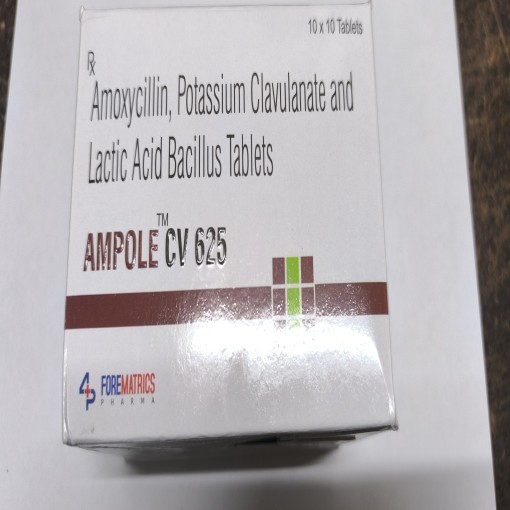
CORAL CALCIUM+CALCITRIOL +VIT K2-7+METHALCOBALAMIN+Pyridoxal-5-phosphate + L METHYLFOLATE+ BORON +EPA +DHA+LYCOPENE
more

TAURIN +CAFFEINE +L CARNITINE + INOSITOL + GINSENG + NICOTINAMIDE + ZINC + LYCOPENE + VIT. B6 +FOLIC ACID +METHALCOBALAMINE
more
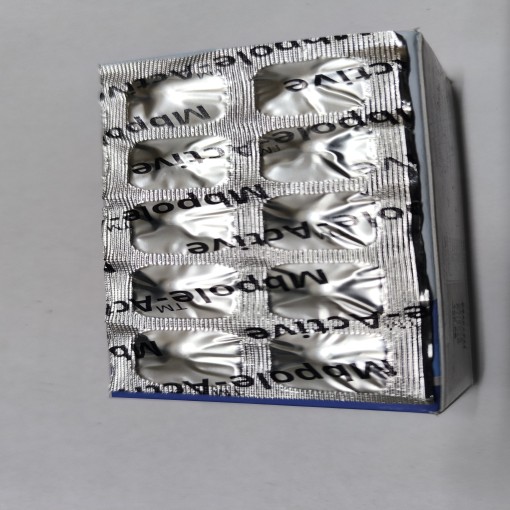
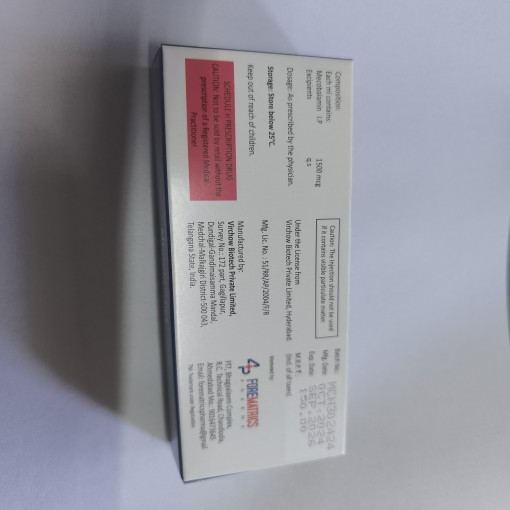
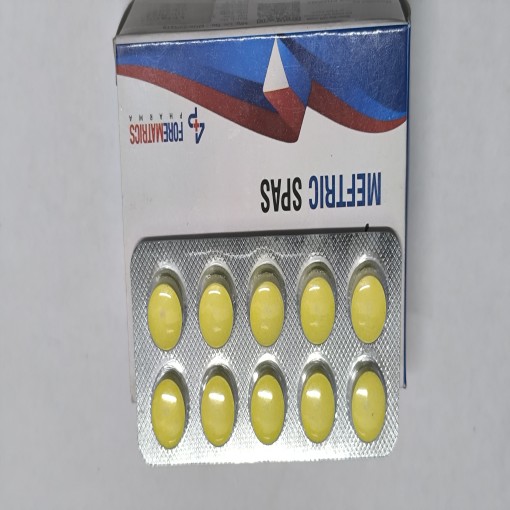
METHALCOBALAMIND +FOLIC ACID +NIACINAMINE + ALA+ PYRIDOXINE +VIT. D3 +VIT. C + ZINC + CROMIUM +CALCIUM +BIOTIN +THYMINE + MAGNESIUM
moreMETHALCOBALAMIND +FOLIC ACID +NIACINAMINE + ALA+ PYRIDOXINE + ZINC + CROMIUM +CALCIUM +BIOTIN +THYMINE + MAGNESIUM
more

